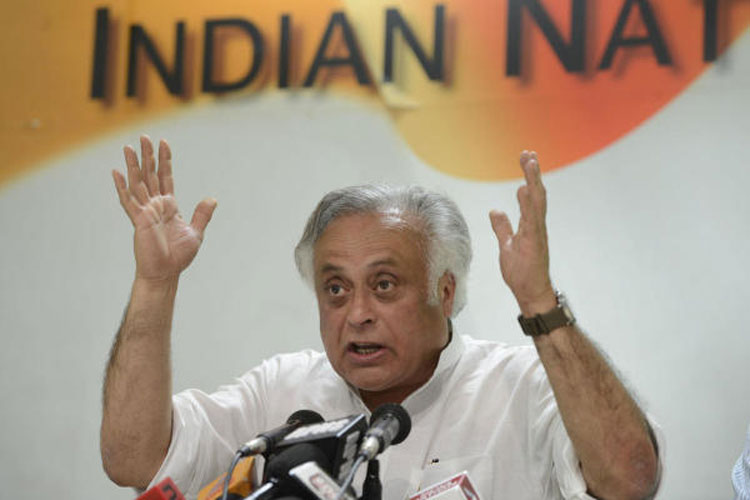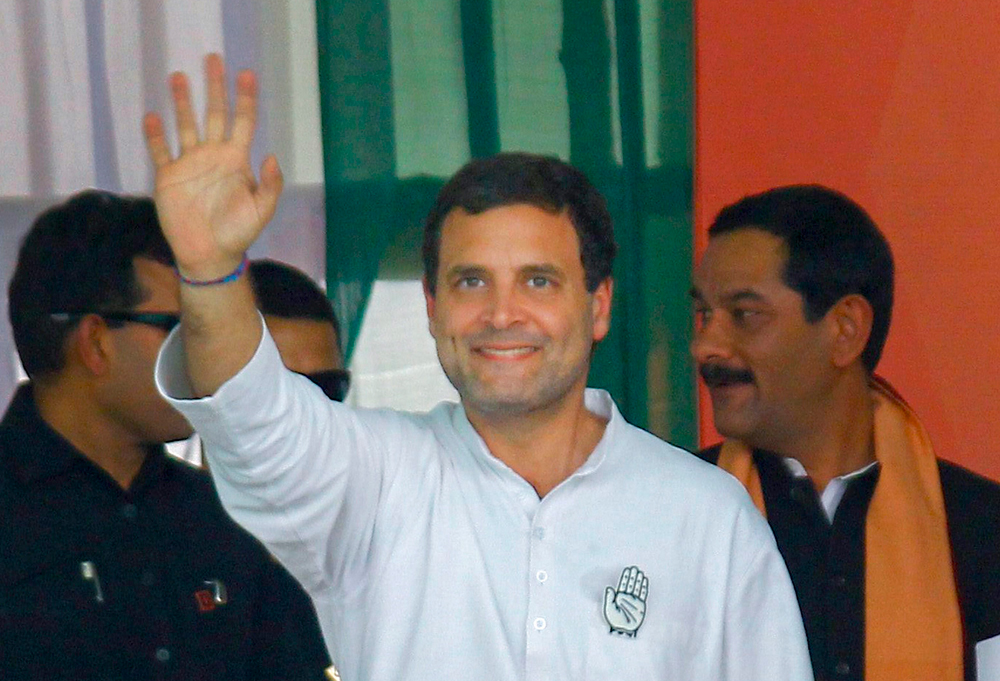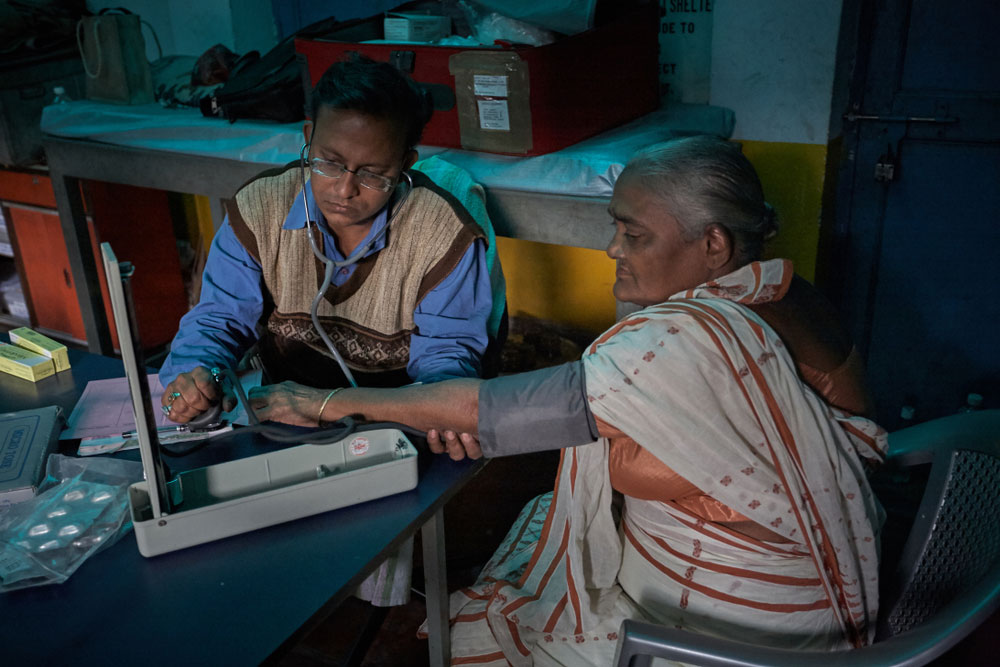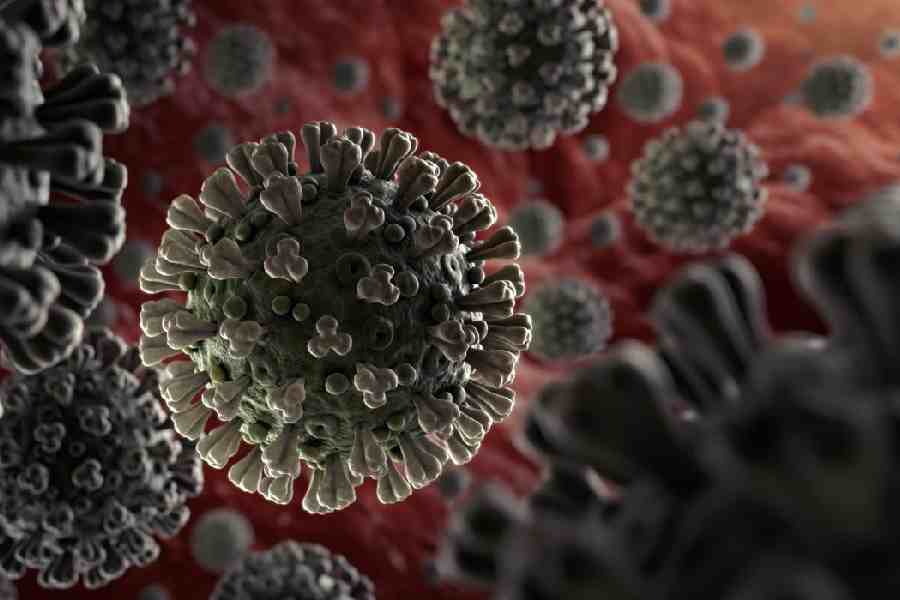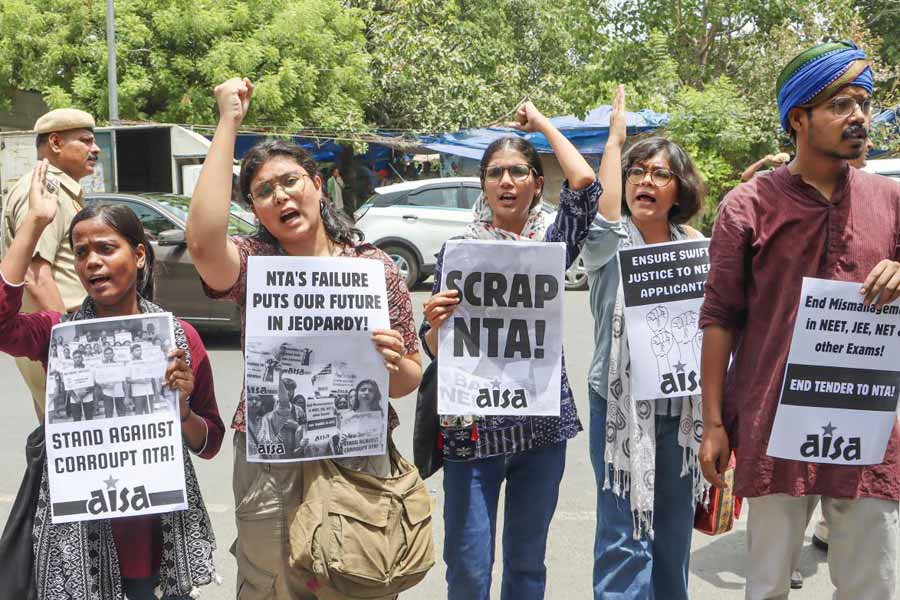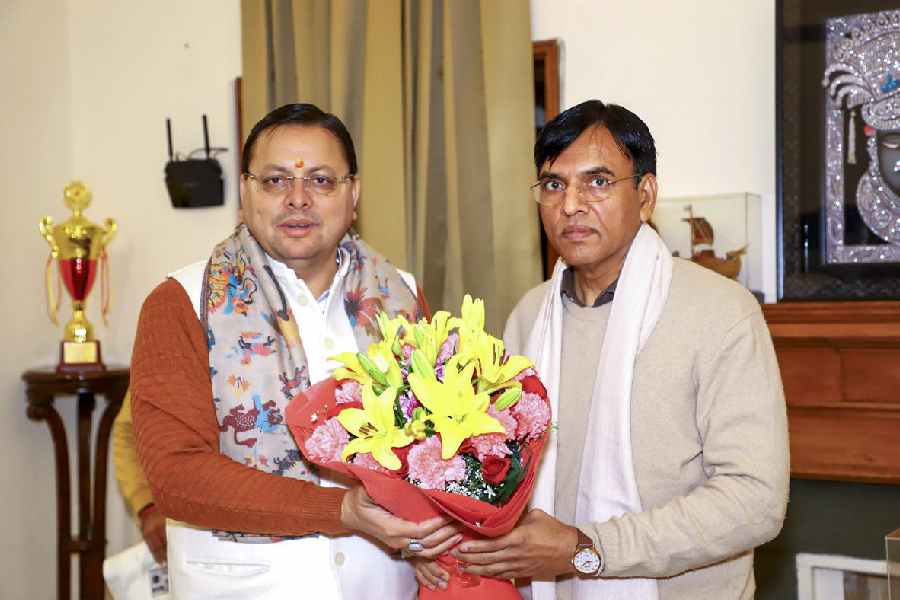The Congress on Saturday alleged that Prime Minister Narendra Modi’s much-hyped health scheme, Ayushman Bharat, was built on the wrong foundation, allowed corporates and private hospitals to mint money and incentivised fraud.
The party also dubbed false the government’s claim that over 10 crore families will get insurance cover up to Rs 5 lakh for a premium of only
Rs 1,100 a year. The Congress said that according to calculations by the Chhattisgarh government, the beneficiaries would get a cover of Rs 50,000 and a larger premium would be required to increase the amount.
Formally announcing that the Congress would include “right to health care” in its manifesto to be released on March 27 or 28, senior leader Jairam Ramesh highlighted the purported deficiencies in the Ayushman Bharat scheme, saying: “It does not assure health care to ordinary citizens. It is a lifeline for private hospitals and insurance companies.”
Ramesh added: “It incentivises fraud and over-treatment. Fraud, over-treatment and over-diagnosis are common risks in insurance-based health care. However, the government is making no serious investments on the capacity to monitor and regulate these issues even though the quantum of coverage is being ratcheted up to Rs 5 lakh.”
The Congress veteran alleged that Ayushman Bharat’s model tender document gives “considerable leeway to hospitals and health providers to engage in fraud before serious penalties like de-empanelment” are imposed.
“A hospital is permitted to commit 10 offences (two offences each under five categories) before being de-empanelled. It is an invitation to fraud,” he added.
Promising to execute the right to health care through government-controlled networks instead of encouraging privatisation if the Congress comes to power, Ramesh said: “The government is hiding data about PMJAY’s (Ayushman Bharat’s) activities. The Ayushman Bharat dashboard is inaccessible to the public and to researchers, and information is being tightly controlled to prevent any informed discussion about this programme that is ostensibly transforming public health in India.
“In further use of public funds for private benefit, the government issued guidelines to provide private firms with land and up to 40 per cent viability gap funding.”
Ramesh contended that the number of households covered under Ayushman Bharat was lower than that under the earlier Rashtriya Swasthya Bima Yojana and various state health insurance schemes.
“According to the National Health Authority, 11.2 crore households (equivalent to 56 crore individuals) were covered under existing state and central schemes in 2017-18. The new scheme covers 10.7 crore households (or 54 crore individuals),” the Congress leader said.
Ramesh gave the example of Maharashtra, where he said 2.3 crore households were covered under the Rajiv Gandhi Jeevandayee Arogya Yojana (later renamed as the Mahatma Jyotiba Phule Jan Arogya Yojana). However, only a third of those households, or 84 lakh, qualify for Ayushman Bharat, he said.
In Chhattisgarh, 40 lakh households were previously covered under the RSBY and the Mukhyamantri Swasthya Bima Yojana, but only 37 lakh households will be covered under Ayushman Bharat, Ramesh said. This has forced the Congress-helmed state government to dip into its own coffers to cover those excluded.
Pointing out that Ayushman Bharat excludes outpatient (OPD) treatment, which 87 per cent of ailing people undergo and involves over 85 per cent of medical expenses, Ramesh lamented that the scheme did not cover treatment for diabetes, high blood pressure and back pain.

